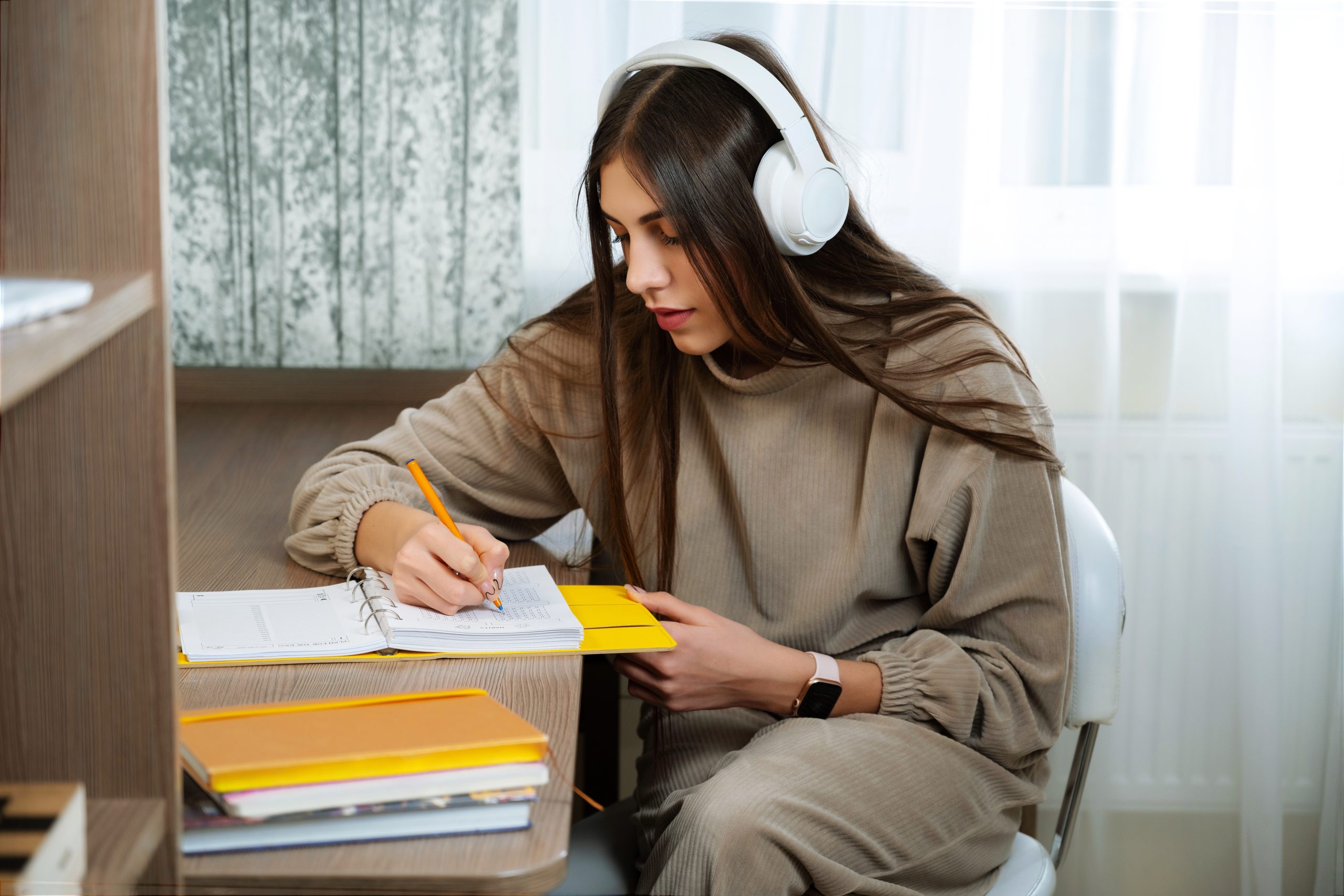
6 Simple and Effective Coping Mechanisms for Teens
- Mental Health
- September 12,2024
- BY Beachside Teen Staff
- 0 Comments
We often undermine the stress that teens go through day to day. Between managing school, homework, extracurricular activities, friendships, and the new addition of hormones, there’s a lot going on in a teenage brain. There’s a reason a lot of people say you couldn’t pay them to go back to high school. Ah, to be young again.
We’re a teen treatment center so you know where this is going. The way teens and adolescents tend to handle stress isn’t always productive. We’ve seen it all, so in this blog we’re here to offer 6 healthy coping mechanisms and mindfulness strategies rooted in self-care and practicality. The best part is your teen doesn’t need to go above and beyond. These tips are both effective and easy to start!
Declutter Your Space
Parents, this just happens to be a bonus for you too. The state of our surroundings can greatly influence our mood, subconscious, and even our sleep! Decluttering can be a therapeutic process that not only tidies their environment but also clears the mind, making room for positive thoughts and actions.
And don’t worry, it can be fun too! Creating a playlist of their favorite songs to play while decluttering can also add an element of fun. Additionally, involve them in deciding on organizing solutions or DIY projects that not only enhance their space but also make the maintenance of a clutter-free environment more engaging.
Exercise
This is one of the most powerful coping mechanisms for stressful situations which is why we implement it into our treatment plans. Surf therapy anyone?
Exercise isn’t just good for the body; it’s also beneficial for the mind. Physical activity triggers the release of endorphins, often known as ‘feel-good’ hormones, which can reduce stress and improve mood. Help your teen find an activity they enjoy — whether it’s a team sport, solo running, or even dancing to that playlist we talked about earlier.

The Power of Journaling
Writing down thoughts and feelings can be a cathartic experience for teens dealing with mental health struggles. Journaling allows for reflection and makes it easier to identify patterns or triggers in their thoughts and behaviors. It’s a personal space for honesty without judgement.
Spend time journaling together as a family. Some places to start are writing things you’re grateful for or writing negative thoughts that you can then cross out.
Breathing Exercises
Teach your teenager how to use their breath as a tool for calming the mind. Breathing exercises can be a quick and accessible way to reduce stress levels, manage anxiety, and regain control during overwhelming situations.
Making a To-Do List
When life feels chaotic, having a clear outline of what needs to be done can provide a sense of control and accomplishment. Encourage your teen to break down tasks into smaller, manageable steps and celebrate small victories for added motivation.
What to Watch Out For
It isn’t always easy to tell what’s going on in your teen’s head – Is it moodiness or something more? Some unhealthy coping mechanisms or indicators something may be wrong are:
- Sleeping a lot or napping throughout the day
- Drug use
- Aggression
- Anxiety
Keep lines of communication open and remember, behaviors that deviate from your child’s norm deserve attention. Each teen is unique and their struggles are valid.
Getting Help
Adolescence is a pivotal time, and dealing with mental health conditions alone can be overwhelming for a young person. If you notice warning signs, don’t hesitate to reach out to a professional. Beachside Teen Treatment Center is here to support your family on this journey. Sometimes, the first step towards healing is simply a conversation and offering your support. Remember, there’s always help available.
For more information, contact us directly to find out how our team of mental health professionals can support your family’s needs. Together, we can create a path towards a happier, healthier life for your teen.
Navigating the ups and downs of adolescence takes patience, love, and understanding. By exploring these coping skills for teens and keeping a vigilant eye for signs of distress, parents can provide invaluable support to their teens through difficult times. If further help is needed, it all starts with a conversation.




